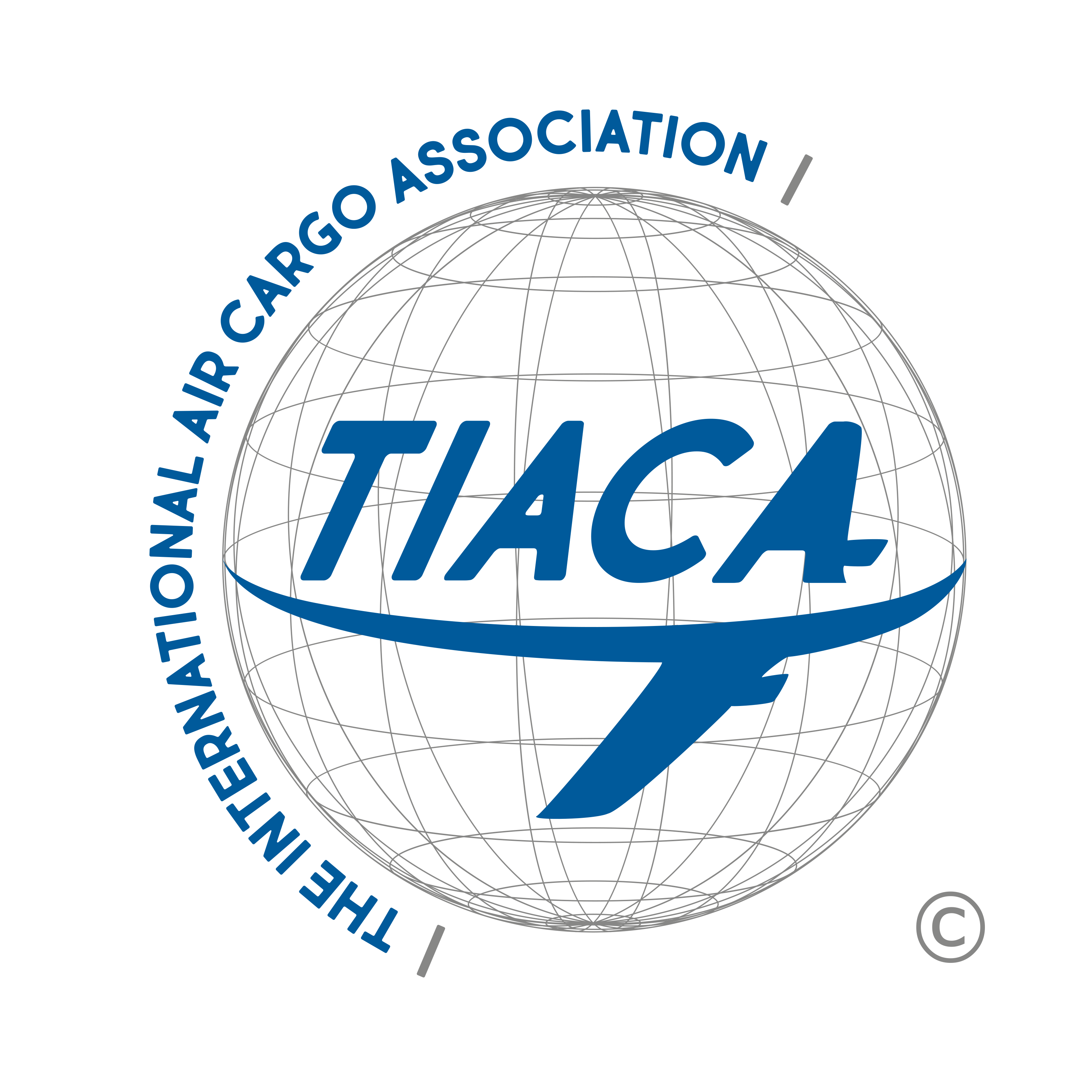Freighters: The Next Chapter
Boeing’s Perspective on a Critical Enabler of Trade
Article Submitted by Boeing Commercial Airplanes – TIACA Trustee

With Father’s Day coming up, you may already be searching for that perfect gift for Dad. Whether it’s that fancy watch, sports gear or a tie, there’s an excellent chance your Father’s Day gift is traveling via air to you.
Air cargo occupies a unique place in global trade. Although less than 1% of world trade tonnage moves by air cargo, an outsized share of world trade by value – an estimated 35% (or over $6 trillion worth of goods) – is carried in the lower hold of passenger airplanes, or on maindeck freighters.
The pandemic upended the previously behind-the-scenes nature of air cargo and has made the value this mode of transportation more evident as freighters deliver goods to support global economies. Even outside of logistics, the ability of air cargo to counter lead-time impacts from supply chain disruptions, or deliver life-saving vaccines within hours of when they are produced, is now recognizable.
While even overnight or rush gift deliveries are now possible via modern airplanes and optimized logistics networks, there was a time when a trans-Pacific cargo shipping could spend weeks, if not months in transit. You’d have to order your Father’s Day gift (by catalog!) weeks in advance to make sure Dad could receive it that third Sunday in June.
Fifty years ago when Boeing introduced the first widebody freighter, a 747-200F, this speedier cargo transport option became possible on a scale previously unseen. Although logistics networks are dynamic and evolve to reflect ever-changing trade patterns and consumer behavior, we believe freighters will remain as the backbone of the world air cargo industry and continue to carry over half of all cargo traffic – especially as e-commerce continues to grow globally.
Throughout this 50+ year journey, Boeing has been a partner to the shippers and logistics innovators that continue to dream up new ways to optimize and improve supply chains and deliver goods in a manner that delights their customers. These enduring partnerships and our commitment to the market is what has defined the Boeing family of freighters. A long-shot from the 747-200F, we continue to innovate with three size categories of freighters with the range, payload and technical capabilities for every market requirement, including our newest addition, the 777-8 Freighter.
Air cargo revenue and yields bolstered by pandemic-related factors have renewed investment in long-term freighter operations. The initial loss of nearly all lower hold cargo capacity from the collapse of long-haul passenger widebody operations early in the pandemic, large consumer spending shifts, maritime containership capacity and reliability issues, and supply chain and geopolitical disruptions, have reinforced the importance of dedicated freighter capacity. As the global economy continues to recover, dedicated freighters will play a critical role in facilitating that rally, enabling businesses to more quickly respond to demand in the coming years.
Last year was a banner year for Boeing freighters, with a record 204 orders. For comparison, we delivered a total of 72 747-200Fs during the early days of freighter operations. We have adjusted production rates in order to meet strong demand for production freighters like the long-range, fuel-efficient 777 Freighter and the versatile 767 Freighter. For our 737-800 and 767-300 Boeing Converted Freighters (BCF), we have also announced plans to add capacity at several new and existing Maintenance, Repair and Overhaul (MRO) sites around the world to meet strong customer demand.
As we start a new chapter with the launch of the 777-8 Freighter, we see positive long-term growth prospects for freighter operations. We forecast the global freighter fleet to grow by more than 70% over the next 20 years to more than 3,400 units.
The newest member of our freighter and 777X families, the 777-8 Freighter will usher in a new era of digital connectivity that will optimize payloads, cargo loading and shipment visibility. Track and trace capabilities, for example, will benefit from the e-enabled architecture of the 777-8 Freighter, which will facilitate tracking and monitoring of digitally tagged cargo. Operators will be able to respond to shipper requests for visibility by transmitting data in real time to ground crews or operations centers. That translates to more accurate, efficient cargo operations – and less chance your goods end up delayed or held up. Your Father’s Day gift – or other special occasion gifts- are more likely to get to you on time, even early in some cases!
While the need for highly-capable freighters speed is crucial in this business – we have to do it responsibly with respect for our environment. Sustainability is top of mind in the aviation industry, and freighters are no exception. The 777-8F will be the most efficient freighter in its class– 30% better fuel use and emissions per tonne than the 747-400 Freighter, with a nearly identical range and structural payload!
But it doesn’t end there. We look forward to continuing to write this next chapter in air cargo history with you.
Happy Father’s Day from your friends at Boeing!
